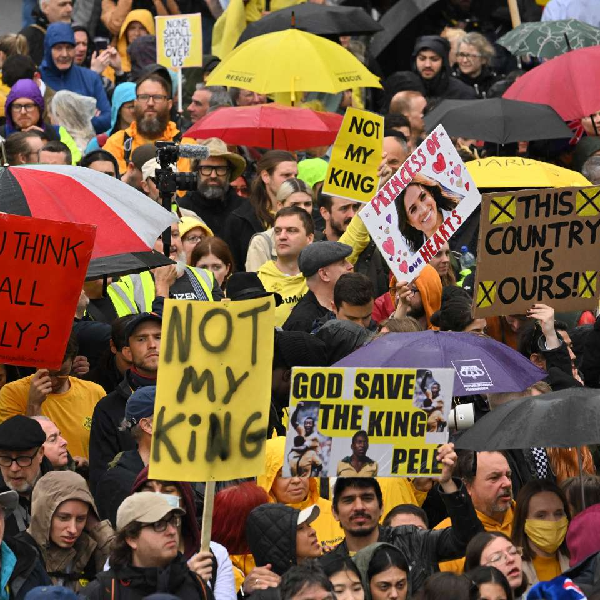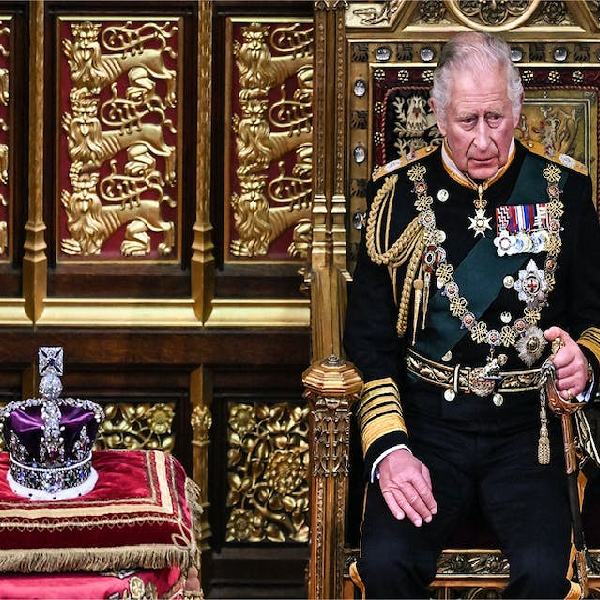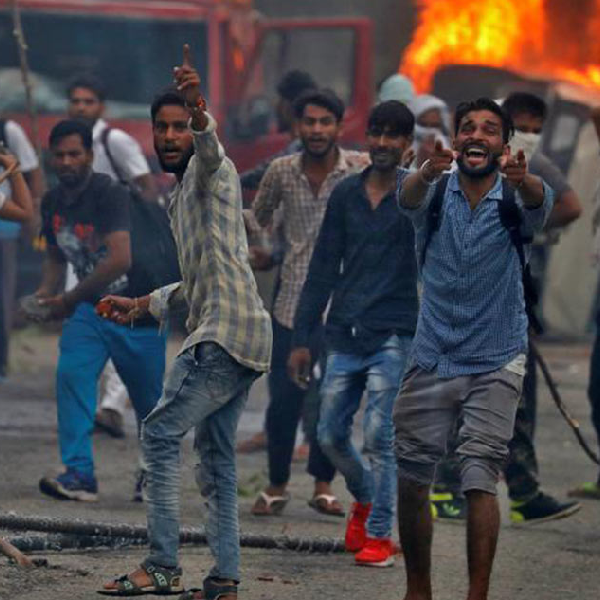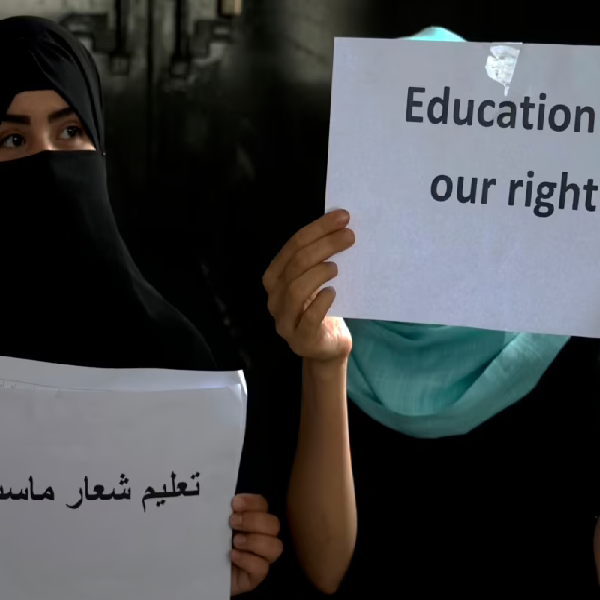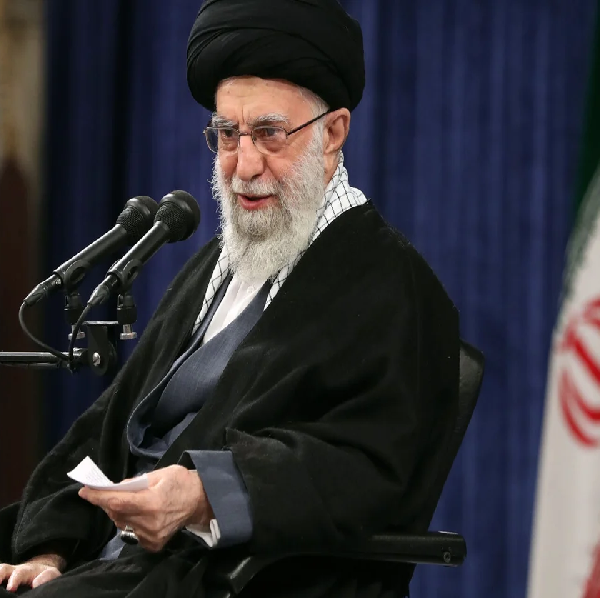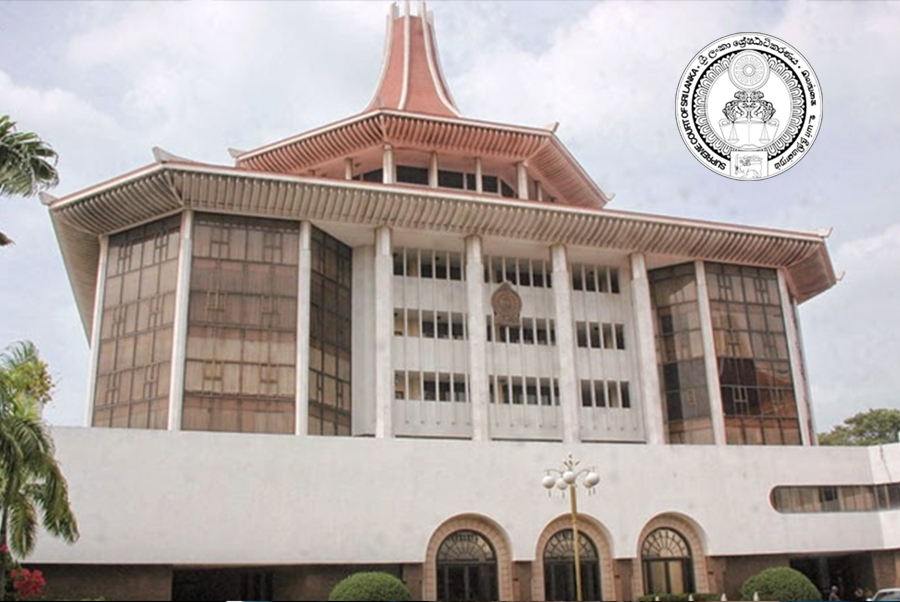
Apparently, now the Supreme Court of Sri Lanka will be the ultimate referee for the whole crisis.
Seemingly impossible, however girdled by an atmosphere of which nothing worse can be expected from someone like the President, Sri Lanka is being reached into the tyranny of executive power. History has it that witnessing the extreme executive power settled upon the President through the 1978 Constitution one of the founders of the 1972 Constitution Kolvin R. de Silva said the following.
“But what will happen if a lunatic is being appointed into this position…?”
Nevertheless, nothing is left to be done. The crisis has to be solved by the Supreme Court.
When a country is being coursed upon national crises or controversial scenario, such crises, in a democratic framework, will ultimately refers to the highest court in any country; the Supreme Court. Many regional examples are set off for this in the modern history. No need to reach too far in search of such examples. Whenever complexities causing public turmoil surface before, the Supreme Courts of India and Pakistan have always responded to the threat on the basis of ‘public well-being’, and not of pleasing the dominant party engaged in politics.
Many testimonials made by retired Indian Judge Deepak Misra in recent history stand in evidence. He announced sexual promiscuity not to be a criminal offence in September 28, 2018, and in September 6—before the complements of a whole progressive world community—announced homosexuality not to be a criminal offence.
The Pakistan Supreme Court, taking a blasphemy case that had been on the run for 8 years into consideration, recently acquitted Asia Bibi—a Christian woman—from death sentence. That is for being accused of insulting the great Mohammad occurred during a quarrel between women in a Muslim country like Pakistan. ‘A woman from a different religion insulted our holy Mohammad. Kill her!’, when a whole nation possessed with extremism objectified her, the Pakistan Supreme Court, having the fundamental law of the country examined, found she was innocent by setting precedent for Pakistan’s legal field.
It is the Pakistan Supreme Court who sent former President of Pakistan Navaz Sharif to prison for 10 years on the grounds of trafficking black money stating that he does not deserve to be in Presidency.
Following the assassination of Pakistani Prime Minister Benazir Bhutto, it is the Pakistan Supreme Court who took the measures to end the arbitrary administration of her husband Asif Ali Zardari after her. By doing so, the Supreme Court also carries out the prosecution of suspected Swiss money suspected to be improperly earned by him. The Pakistan Supreme Court is also carrying out the investigations in relate to black money earned by former President Pervez Musharraf with great focus.
These are but of few examples.
A significance of a developed democracy is that the legislature, executive and judicature are being maintained independently and abstractedly but with checks and balances. When crises emerged in other two institutions, the ultimate responsibility for resolving the crisis lies with the judiciary.
We are currently living in a moment rulers from decision making bodies of the country do not tend to see possibilities beyond self-indulgent constitutional grants. Through such process they wish to isolate and read the grant achievable only for their self-sustainability; even brag before a world that they wish to continue their service through locating them.
For instance, in keeping with the clause 33 (2)(c) of the Constitution the President has power to dissolve the Parliament. True! But it needs to be read also in keeping with the 70th clause, also known as the clause denoting ‘power and procedure of Parliament’, and not by taking into accord that the previous is the only clause allowing dissolution of the Parliament within the framework of fundamental laws of the country. Coursing in accordance with one perspective as such not only violates the concepts of fundamental law, but also exhibits invalidity.
The 70th clause clearly precludes the clause 33(2) by denoting the circumstances for which the President is allowed to dissolve the Parliament.
Accordingly, the President is allowed to dissolve the Parliament by will only after 4 years and 6 months since its first assembly. (70th clause after the 19th amendment)
However, the Parliament—called upon a mandate won by Yahapalana Government—is only two-and-a-half years old.
If the President wishes to dissolve the Parliament before 4 years and 6 months, an appeal should have been made for dissolution via a resounding resolution presented by a 2/3 majority of members of the Parliament.
For all we know, no appeal as such has been made whatsoever.
But the Constitution is the fundamental law of a country. Country’s President is unconditionally bound to it.
It is not possible that the President was unaware of the fact that the 70th clause has also been amended by 19th amendment to the Constitution. Prior to the amendment, after one year since its initial meeting, the President could have dissolved the Parliament by will in keeping with the terms.
Then why does the President behave in such a way as if the 19th amendment has not been brought?
Apparently, this is an unusual or extraordinary crisis orchestrated by extremely complex political circumstances and needs.
An extraordinary crisis needs an extraordinary response
Therefore, in a country a selected constitutional arrangement is being abstracted and read for implementation for one’s personal benefit, the crisis fell upon Sri Lanka is in the hands of the Supreme Court now, only to hope that in terms of the 19th amendment strengthening the fundamental law the golden rule will be outspoken to avenge the people living in it.
Two seats of the Sri Lankan Supreme Court Bench comprised of 11 members are being vacant at the moment.
There are two vacancies in the Supreme Court’s Supreme Court Bench which comprised of 11 members. Out of 9 serving judges, 6 were nominated by former President Mahinda Rajapakshe.
However, we do not want to doubt or think—even the subtle—of the impartiality of the Supreme Court of Sri Lanka.
Because, the final breaths of the democracy in Sri Lanka are relied upon that fraction of hope still exists with us.
– Attorney Radika Gunaratne
